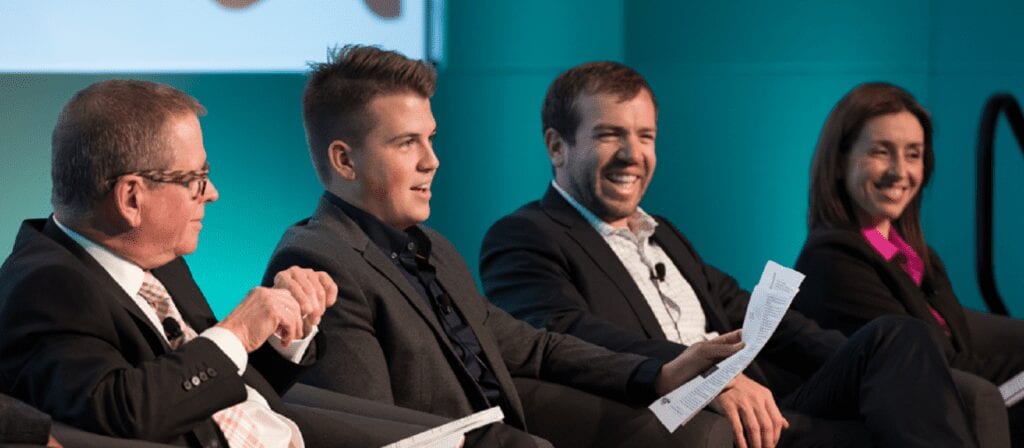The recent shift in demographics is creating a “demographic dividend” in many countries, notably in emerging markets. In Kenya, for example, 65% of the population is under 18 years old and soon, they will make up the lion’s share of the workforce. In developed markets, aging populations are transitioning out of the workforce and being replaced by a smaller working generation.
Millennials (or Generation Y) are also becoming dominant in terms of consumer spending. In the US alone, this figure is around USD 200 billion a year and the generation’s consumer spending over the course of its lifetime is worth around USD 10 trillion. This extraordinary purchasing power is coupled with a real transition and change in lifestyle choices, such as a move to access as opposed to ownership (linking to the growth in the collaborative/sharing economy).
A delay in life choices (marriage, starting a family) and a somewhat disengagement from traditional choices in terms of purchase decisions (property ownership) and employment, has led to a change in the psyche of this generation.
There has been a move away from thinking about the long-term to living very much in the here and now; the day-to-day; the need-to-need (the millennial slang for this is “YOLO”: you only live once). More than a social media hashtag, it should be seen as having a profound impact on organisations and they should start to engage young people in a conversation around something that is fundamentally about their long-term wellbeing and security.
The behaviour of the millennial generation is driven by a search for purpose and to understand the “why”. This creates challenge for insurers in how they educate about the need and understanding (the “why”) of insurance. Combined with a general distrust and cynicism of big institutions, insurers need to frame the need for insurance and communicate about products and solutions in a different way to past generations.
This is a generation of digital natives. Not only has there been shift in terms of technology, many millennials have grown up seeing thousands of bits of advertising every day. A recent millennial survey said that only 1% trust advertising. More trust comes from blogs (30% trust these), and more than 80% are looking to peer-to-peer referencing and approval: by word of mouth or through social media (a real amplification of that word of mouth). Leveraging ambassadors and people networks is one way insurers can tap into these peer referrals to better communicate with millennials.
Millennials are informed customers: 57% said they compared prices before purchasing. Whilst they may not understand sophisticated and complex products (like insurance), they do have a preconceived notion of value. The key factor is to educate them on what is needed in insurance coverages. But, insurers need to compete on more than just price with this generation (especially mutual/cooperative insurers), by thinking of the value-add and tailoring their product and service offerings.
Finally, this generation will change the way that people are employed by your business. There will be a shift from employing an individual for a full-time job, to the notion of employing an individual’s services on a project basis. Through digital platforms, millennials will offer their own employment services and become more entrepreneurial. Already, 34% of the American workforce are freelancing in some capacity, and there has been a rapid growth in employment through the gig economy. In terms of engaging this generation as employees, insurers need to be aware of this mentality and structure roles and employment opportunities accordingly.





